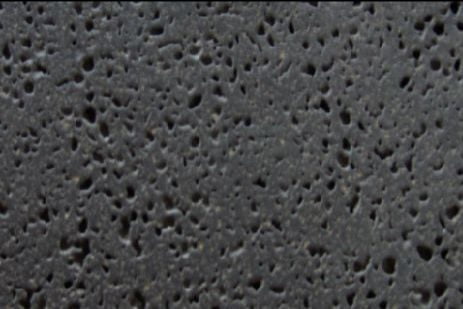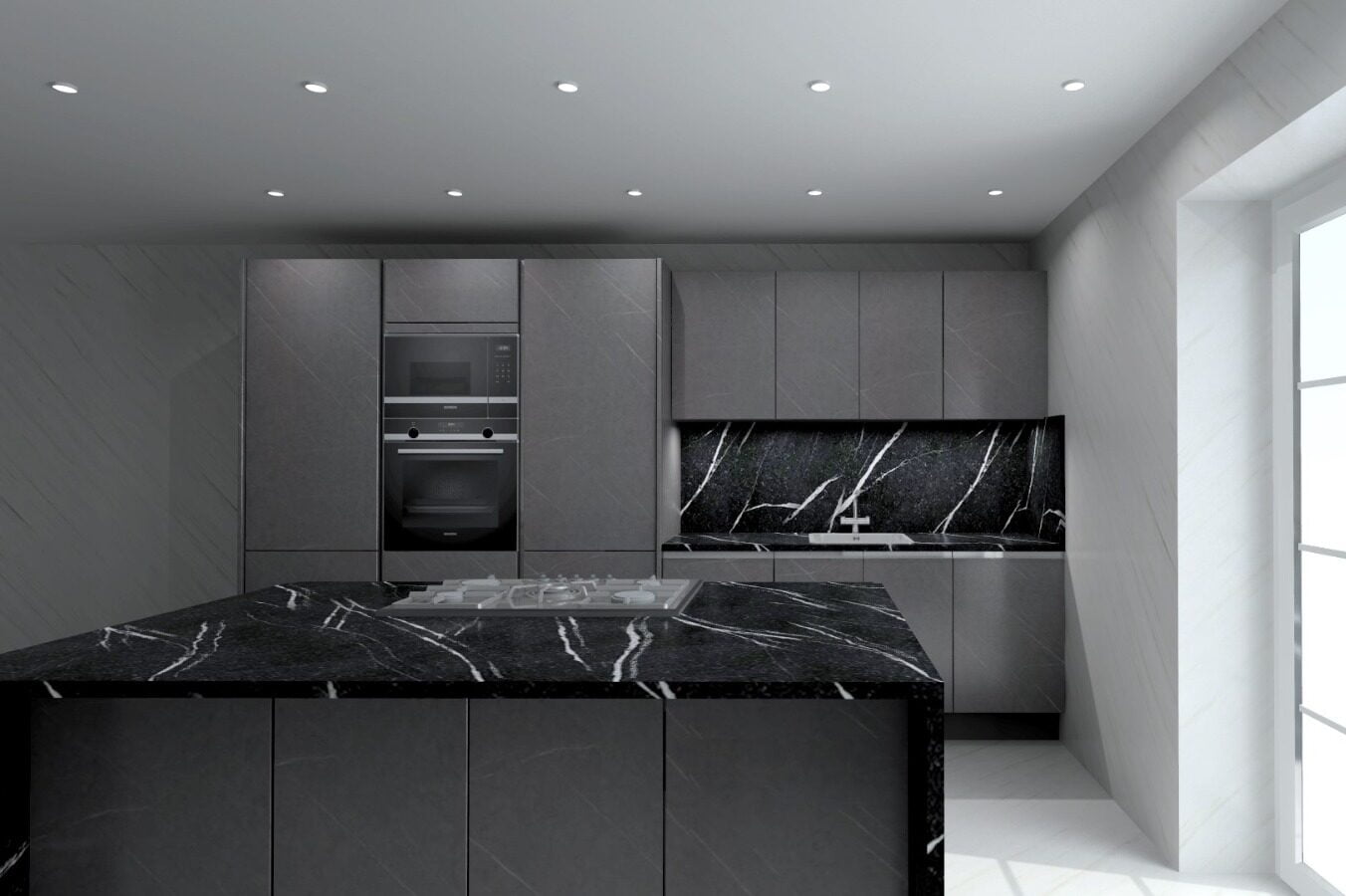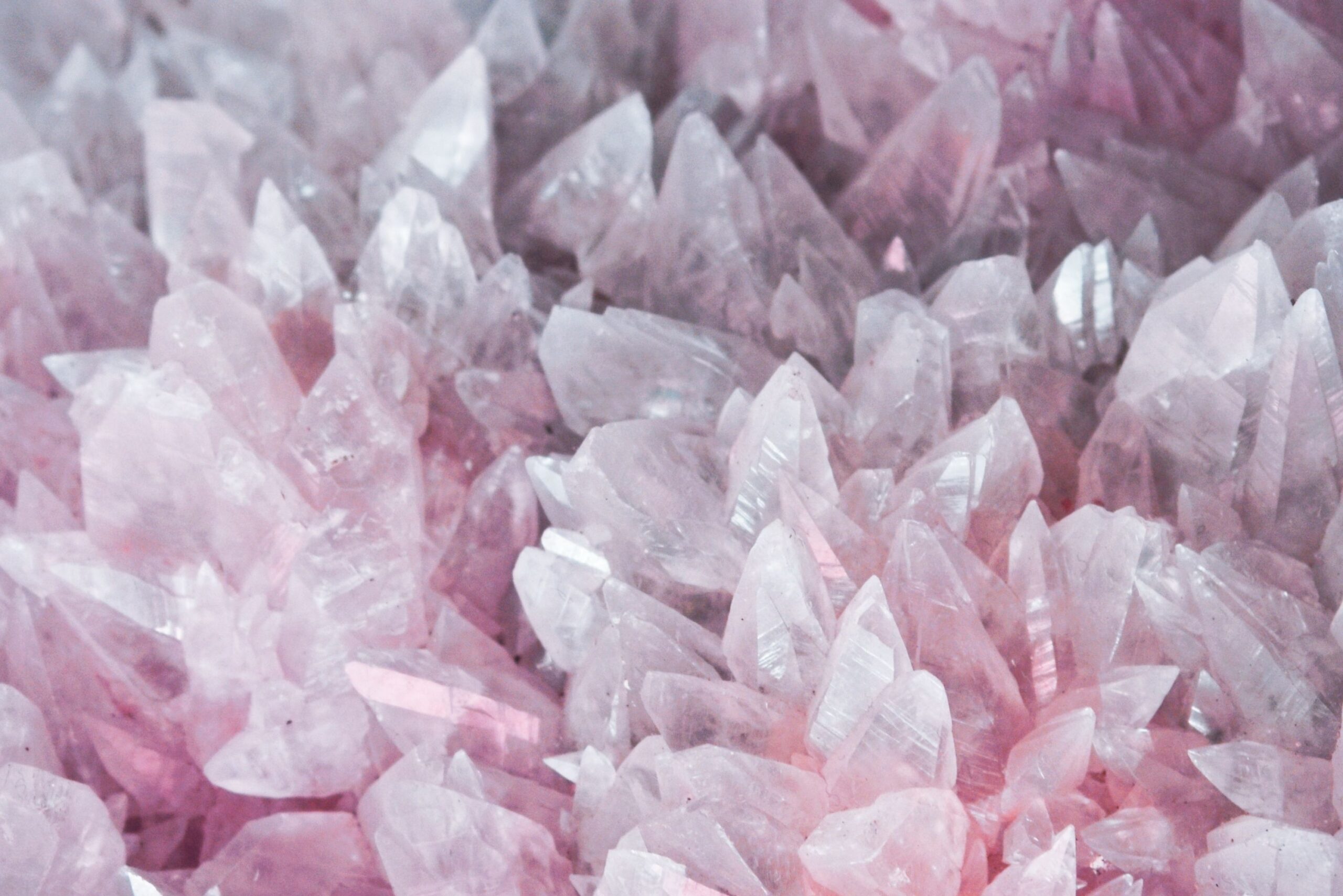How Quartz is Proven to be Healthier to Use as a Worktop
When it comes to deciding which countertop you would like for your kitchen, there are so many options that confuse you. Even if it is stone that you would like to go for, you have got option for Dekton, Granite, Porcelain, Quartz, Limestone, etc. However, it is proven that the worktop is the hotspot for microbial transfer and growth in the kitchen, and this is because it is used for many types of activities and equipment. Quartz is a stone that is relatively antimicrobial though, and this is for many reasons which we will go through in this short passage.
Of course as we explained last week, Quartz is man-made, and we mentioned that Quartz contains quite a lot of resin to join the dust particles. As a result, Quartz is non-porous, meaning that because the particles are sealed tightly together, they barely allow for any gaps between each other, and so neither liquids can pass through, nor microbes can grow within. In contrary, using a Granite worktop will allow for microbes to cultivate within the small pores, and even when the surface is wiped, some microbes may remain within these pores and transfer onto the food being prepared on that worktop.
In addition, some antimicrobial agents can also be added within the quartz mixture when manufacturing the slabs, such as Microban, and these substances work to kill off any microbes that may potentially cultivate on the stone surface. Therefore, we can see that in terms of being healthy and safe for food preparation, Quartz worktops are marginally better than other materials used to serve the same purpose.




